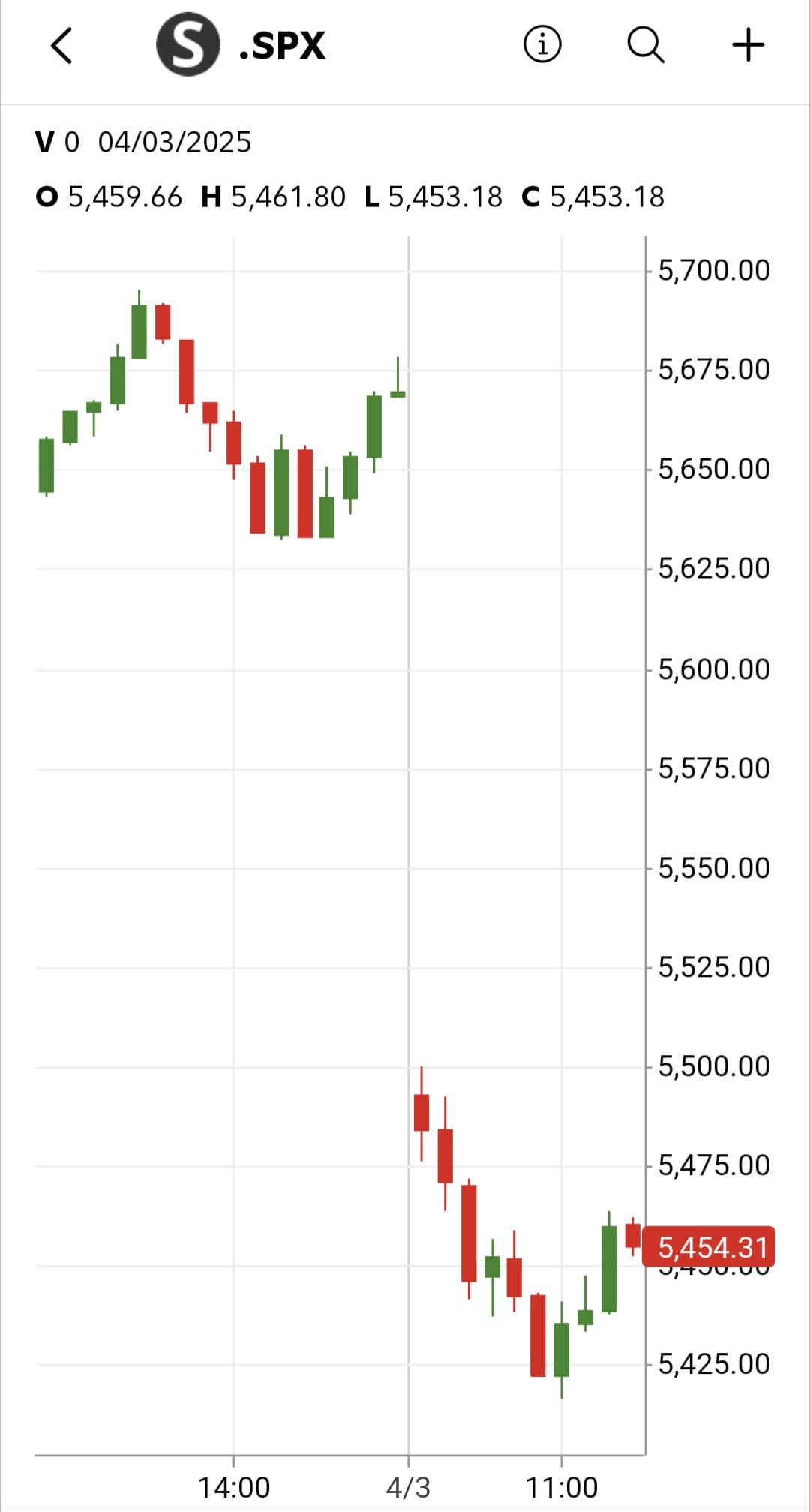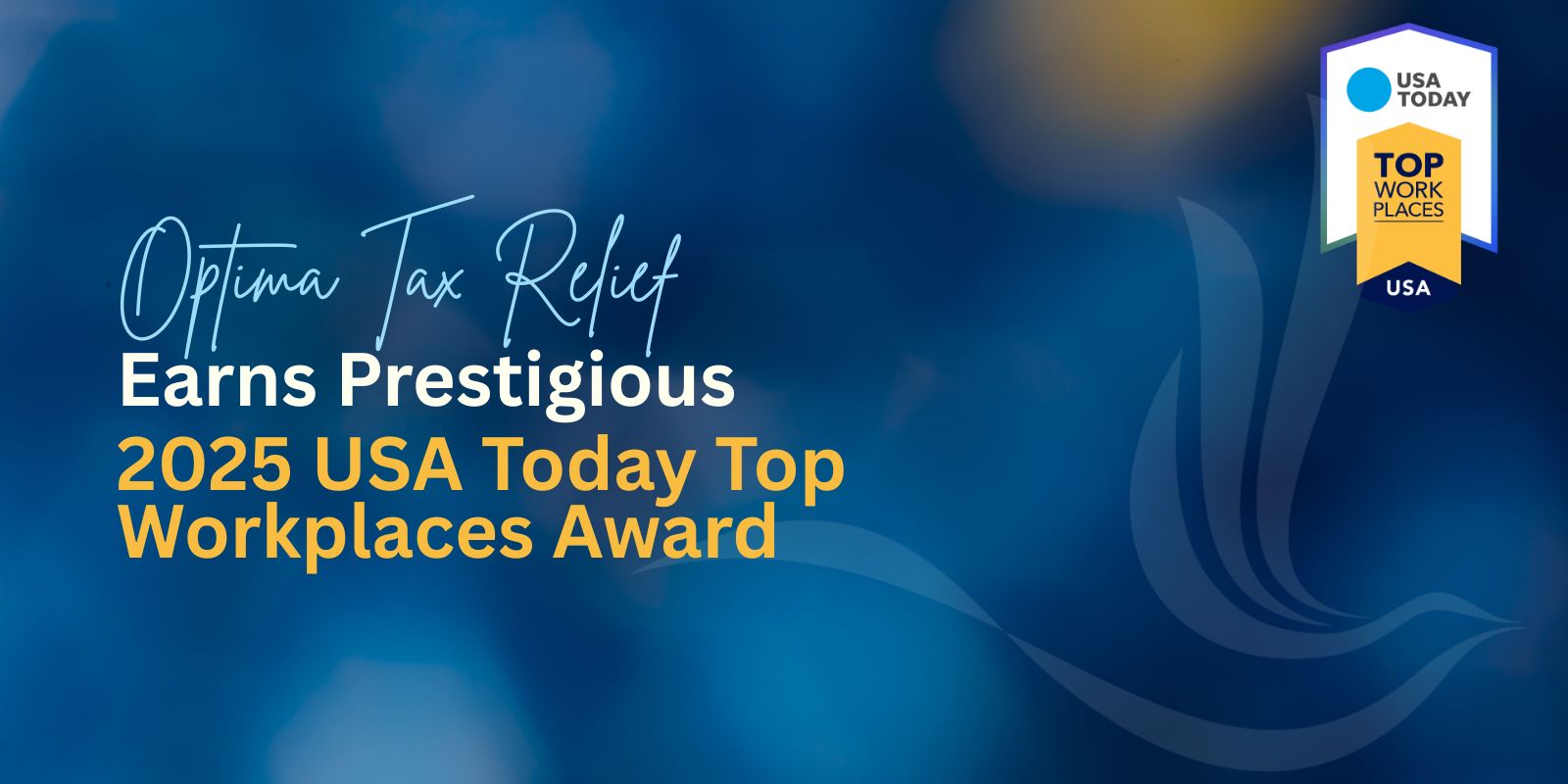Yves here. Rajiv Sethi unpacks the bogus branding of and justifications for Trump’s tariffs. Don’t get me started on Liberation Losers’ Day.
Sethi mentions the omission of trade in services from the Trump computation. That not only shelters tech players like Google but also financial services firms.
I wish Sethi has not used the stock market reaction as a gauge of what a disastrous program this is (particularly since Wolf Richter points out that stocks are still up on a year to year basis); “flight to safety” asset moves, estimates of economic impact, and anecdata would have been preferable.
By Rajiv Sethi, professor of economics at Barnard College. Originally published at his website
If you thought reciprocal tariffs meant the imposition of import duties on others that match those they currently impose on us, you’re probably not alone. But the policies announced yesterday are based on something quite different.
In a nutshell, the tariff proposed for each country is based on our bilateral trade in goods as follows:
Here the numerator is our bilateral trade deficit in goods with the country, which is typically positive—with few exceptions, we buy more goods from our trading partners than we sell to them. If the calculation above results in a negative number (or any positive number below ten percent) a flat rate of ten percent is applied.
For example, our trade deficit in goods with China last year was $295bn, with goods imports at $439bn, resulting in an increase in tariff rate (after rounding) of 34% under the new policy.
Omitted from this calculation is trade in services with China, where we had a surplus of about $27bn in 2023. I’ll have more to say about services below.
The simple formula above is implied by a more complicated equation that has been posted by the White House: Here the subscript i refers to the country, Δt is the proposed change in our bilateral tariff rate, x and m denote bilateral exports and imports respectively, φ is the pass through from tariffs to prices (a measure of the inflationary effect of tariffs), and ε is the price elasticity of imports (a measure of the sensitivity of demand to prices). The administration economists impute 0.25 and negative 4 for these two parameters respectively, which results in the expression in parentheses in the much simpler formula at the top of this post. This seems to have been multiplied by one half to get the final tariff rate increases, presumably as a gesture of magnanimity.1 The stated goal is to achieve balance in our trade deficit in goods, not just in the aggregate but with each individual trading partner.
Here the subscript i refers to the country, Δt is the proposed change in our bilateral tariff rate, x and m denote bilateral exports and imports respectively, φ is the pass through from tariffs to prices (a measure of the inflationary effect of tariffs), and ε is the price elasticity of imports (a measure of the sensitivity of demand to prices). The administration economists impute 0.25 and negative 4 for these two parameters respectively, which results in the expression in parentheses in the much simpler formula at the top of this post. This seems to have been multiplied by one half to get the final tariff rate increases, presumably as a gesture of magnanimity.1 The stated goal is to achieve balance in our trade deficit in goods, not just in the aggregate but with each individual trading partner.
There are lots of problems with this approach to trade policy. I’ll mention just a few.
First, consider the omission of services. Imagine a country with which we have trade balance overall, but a goods deficit and an offsetting services surplus. In this case the country will be hit with a tariff, and the size of this tariff will be increasing in the volume of total trade. That is, if our goods imports and service exports rise in tandem, while maintaining overall trade balance, the rate imposed will increase. It is hard to imagine that a country would fail to retaliate against this.
Second, consider multilateral trade flows. Suppose we have a deficit with country Aand a surplus with B such that our trade with the two countries combined is balanced. Under the proposed formula both countries will be hit with tariffs. If the total volume of trade rises while maintaining overall balance and the same pattern of transactions, the former country will face a higher rate, while the latter will continue to face the ten percent lower bound.
Third, it makes no sense to apply the same elasticity and pass through parameters to all trading partners. We import automobiles and dental equipment from Germany and cut flowers and coffee from Colombia. The substitutes available for these goods differ, as do the conditions under which they are produced. An industry with low profit margins, for example, will have higher pass through of tariffs to prices. And a product with many substitutes available will have a higher price elasticity of demand.
Fourth, and most importantly in my opinion, such ham-handed policies will have enduring effects on geopolitical alliances. We have already seen signs of increasing coordination between three Asian powers that have historically kept each other at arm’s length. Canada is trying to extricate itself from its extreme dependence on our economy. The sense of betrayal in Germany is palpable. And so on.
The justification given by the White House for this policy initiative is the following:
Large and persistent annual U.S. goods trade deficits have led to the hollowing out of our manufacturing base; inhibited our ability to scale advanced domestic manufacturing capacity; undermined critical supply chains; and rendered our defense-industrial base dependent on foreign adversaries.
These are legitimate concerns. But shielding our industries from import competition will be counterproductive. There is a case to be made for a manufacturing revival, and a carefully crafted industrial policy.2 And there are sectors in which we already enjoy global dominance, including the entertainment industries and higher education. The former will be hurt by the tariffs, while the latter is being decimated as we speak. These effects will worsen our trade balance.
The economic problems we face are serious, but this is not a serious way to address them.

Market reaction to the reciprocal tariffs.
______
1 It’s hard to escape the conclusion that the parameter values were chosen by working backwards from the desired endpoint. An earlier version of this post missed the fact that the tariffs had been halved relative to the posted formula, and I’m grateful to an alert reader for pointing this out.
2 Some very prominent economists would disagree with this claim. Larry Summers, for instance, has argued that “it is wrong to suppose that manufacturing-based economic nationalism is a route to higher incomes or better standards of living for the middle class.”























